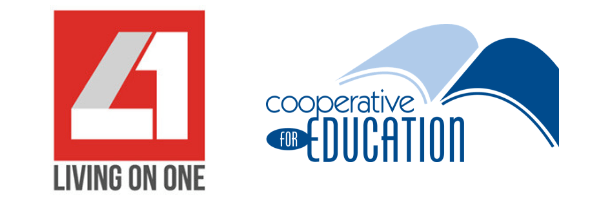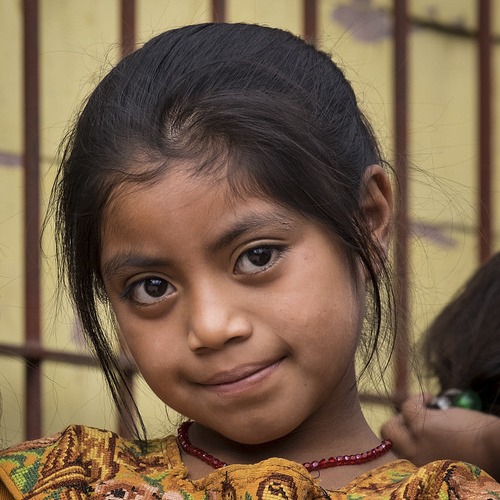
Turns out it’s no small feat.
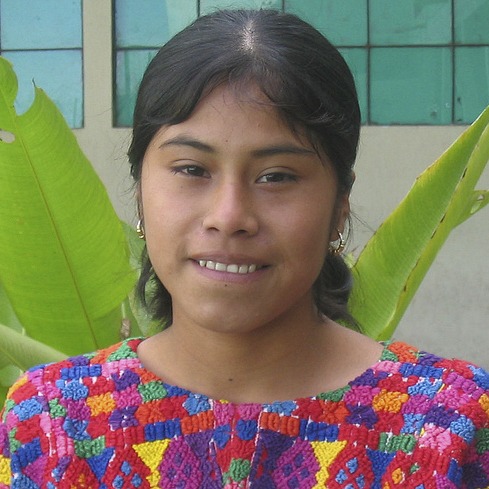
Meet Ancelma.
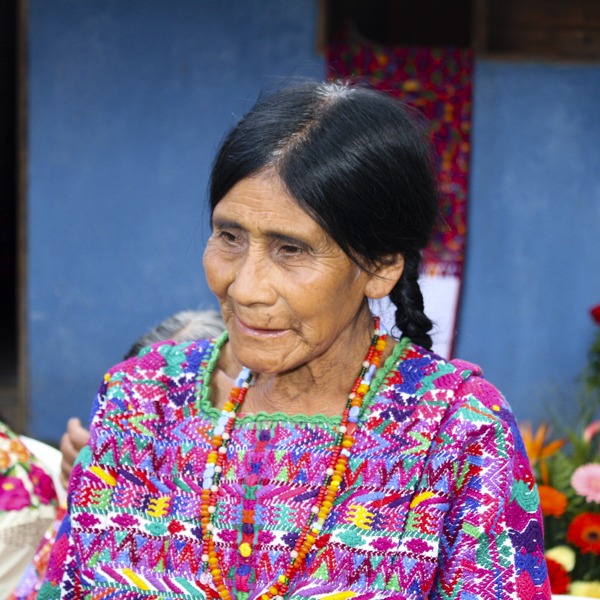
This is Ancelma’s grandmother. She’s a Mayan woman who lives high in the mountains. Since she can’t read or write, she only earns about $4 per day. It was difficult for her to feed her family.
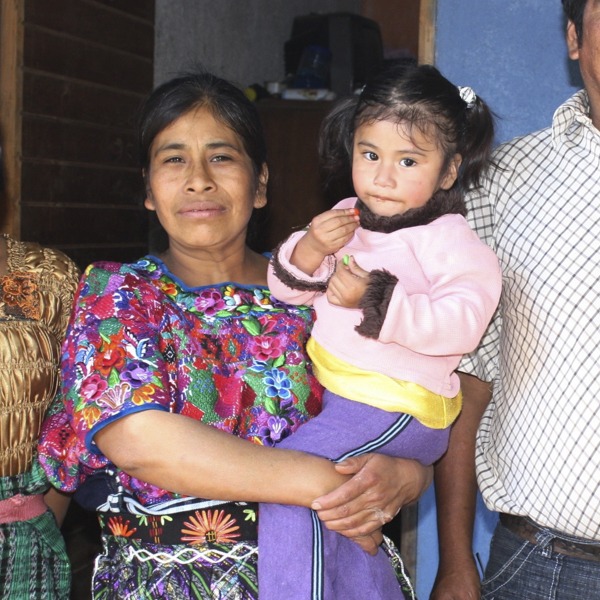
This is Ancelma’s mother. She’s a Mayan woman who lives high in the mountains. Since she can’t read or write, she only earns about $4 per day. It was difficult for her to feed her family.

This is Ancelma. As a young Mayan girl living high in the mountains, it looked like her story would be the same as her mother and grandmother’s.
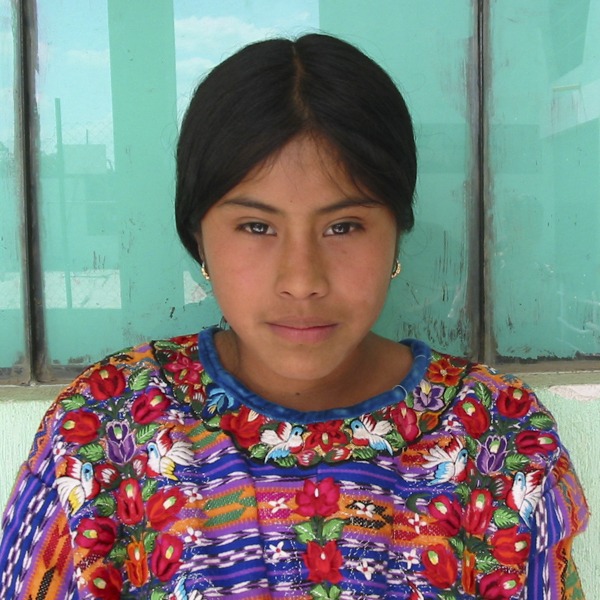
At the end of her sixth grade year, Ancelma was prepared to drop out of school just like so many other Mayan girls.
What if you could disrupt this cycle of poverty?
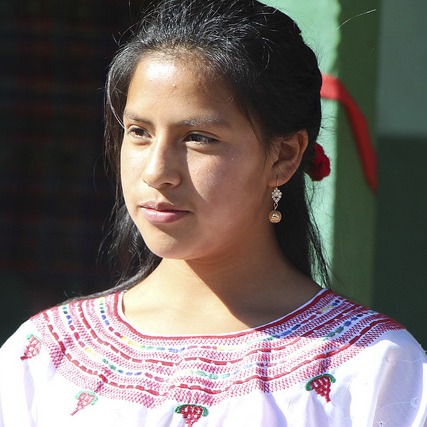
Girls like Ancelma don’t drop out of school just because their parents can’t afford tuition.
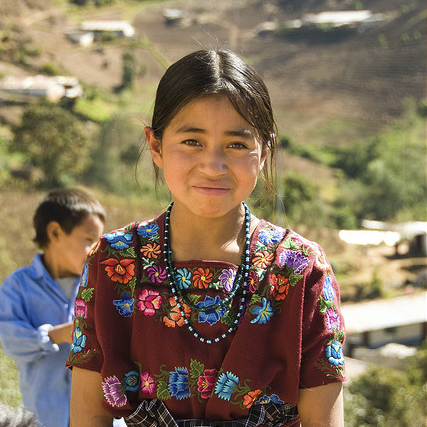
Ask the young girls working in the fields or selling produce in the market and they will tell you…
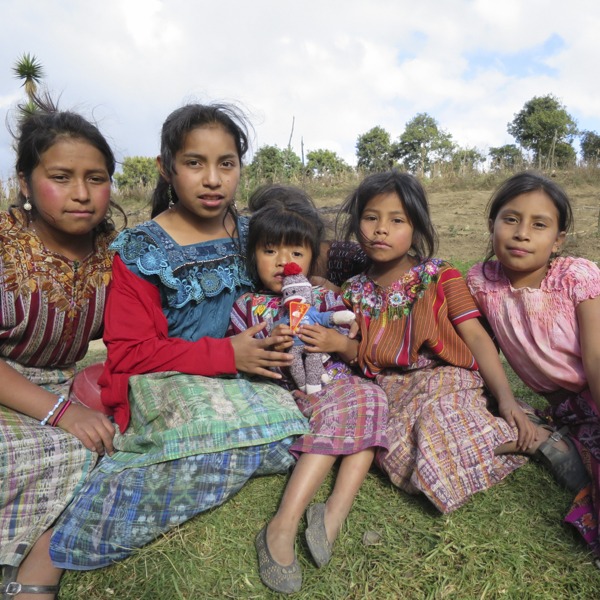
“Why is it hard to stay in school?”
“Because my dad only studied through third grade and mom didn’t go to school at all, so they can’t help me with my homework.”
“Because the rest of my siblings work, so I feel guilty.”
“Because I’m a girl and my dad doesn’t see the point of sending me to school.”
“Because sometimes people get hurt walking to school.”
“Because I can’t stop thinking about what my uncle did to me.”
“Because I don’t know what I’ll do with a diploma anyway—no one I know has gotten that far.”
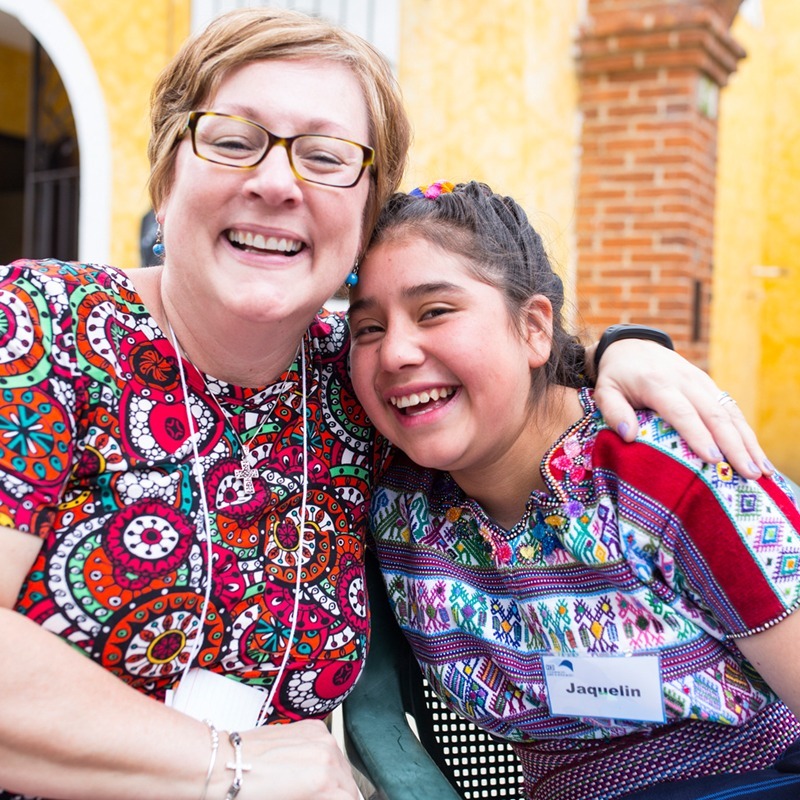
This is where you come in.
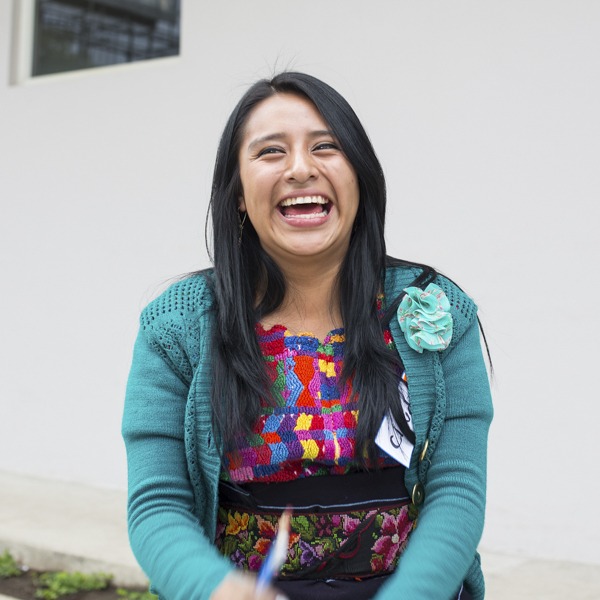
With you as her sponsor, a girl like Ancelma can enter the Rise Youth Development Program.
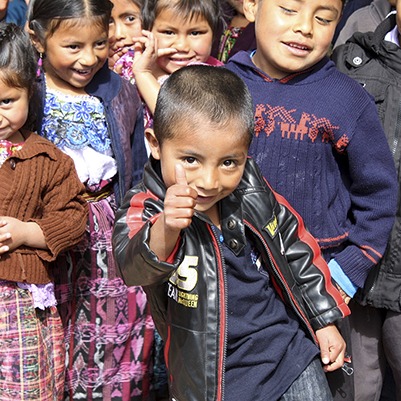
Rise gives kids a lot more than just a scholarship.
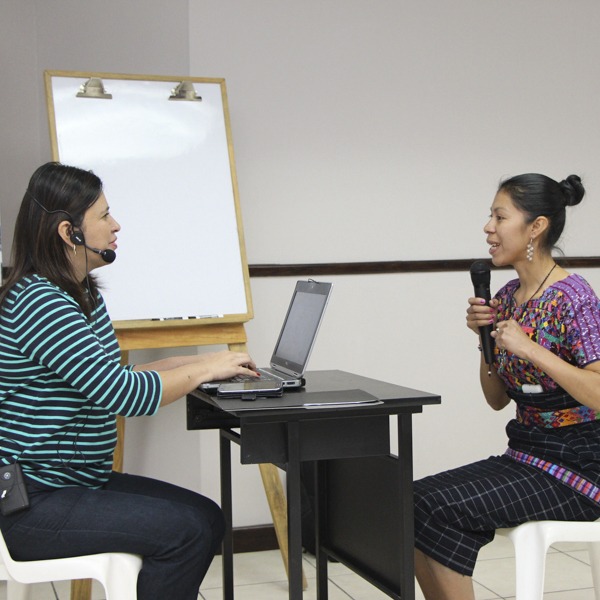
Twice a month, the students have workshops on personal and professional skills.
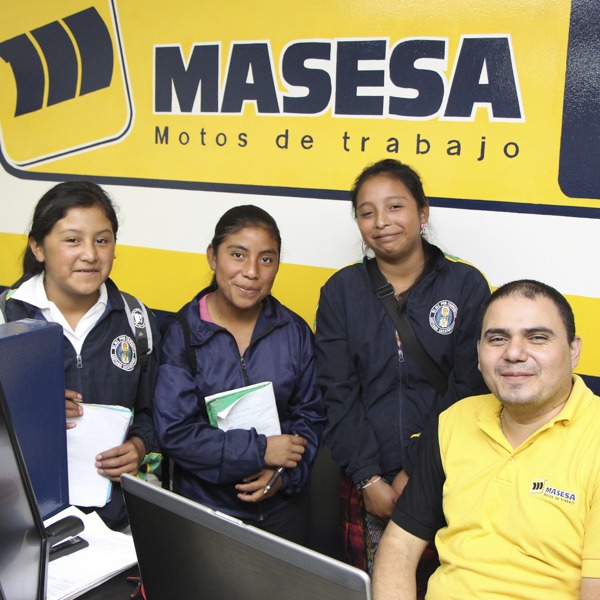
They visit universities and companies, where professionals welcome them to a world they might have felt excluded from.

They get support from a licensed psychologist and a local facilitator—a woman from their community who looks like them and speaks their local Mayan language—a role model at long last.
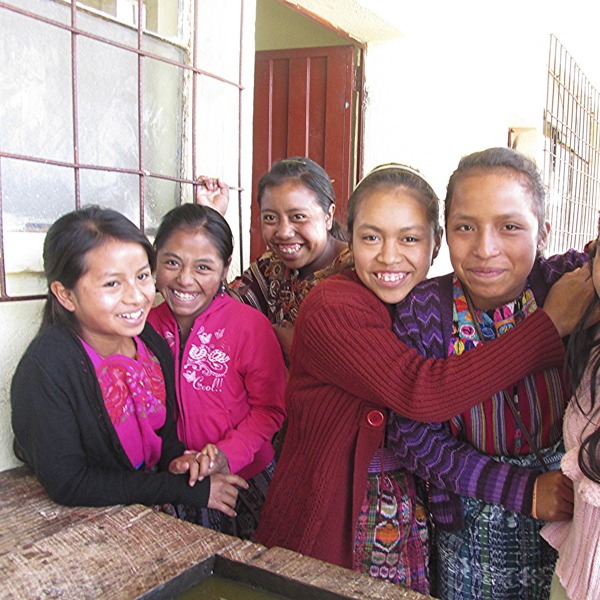
And perhaps most important, they find a safe space and a community of classmates who are facing and overcoming their struggles together.
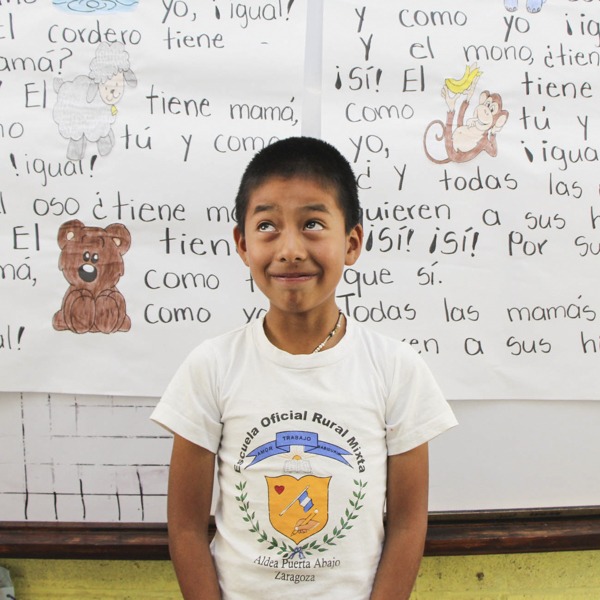
So…does the Rise Program work?
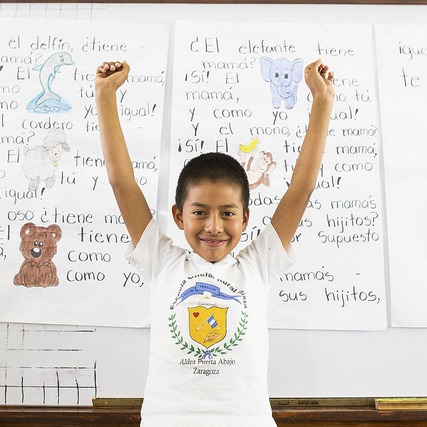
YES.
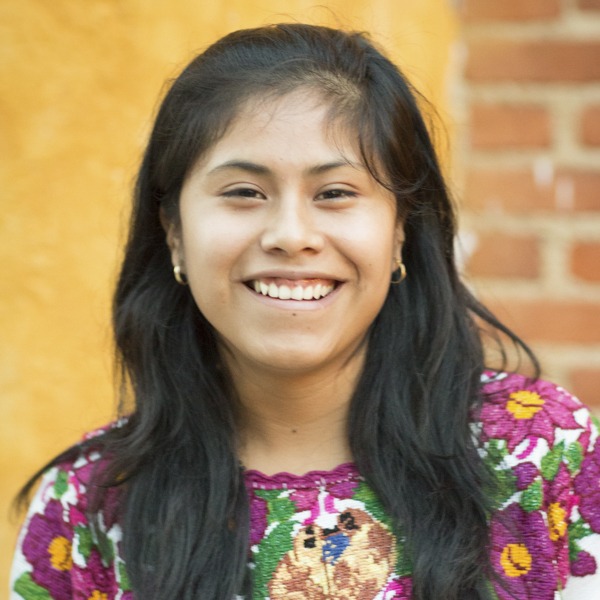
After Ancelma graduated from the Rise Program, she got a job at an international company making four times as much money as her father.
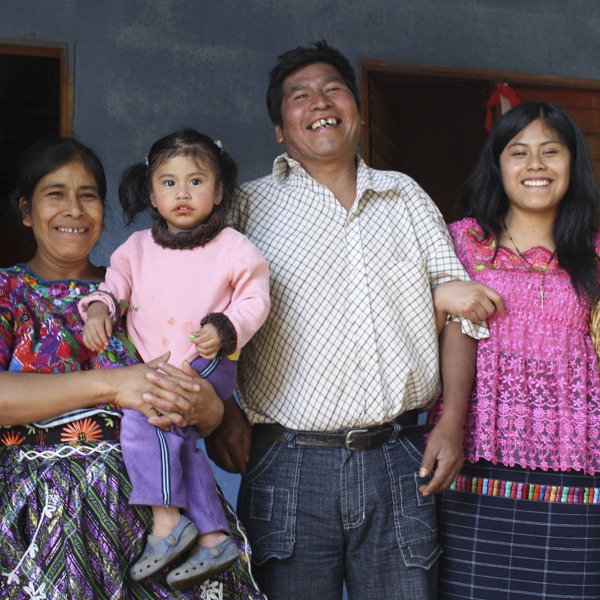
She helped to pay for her younger siblings education and support her parents when they were out of work—pulling her entire family out of poverty.

She started attending classes at a university.
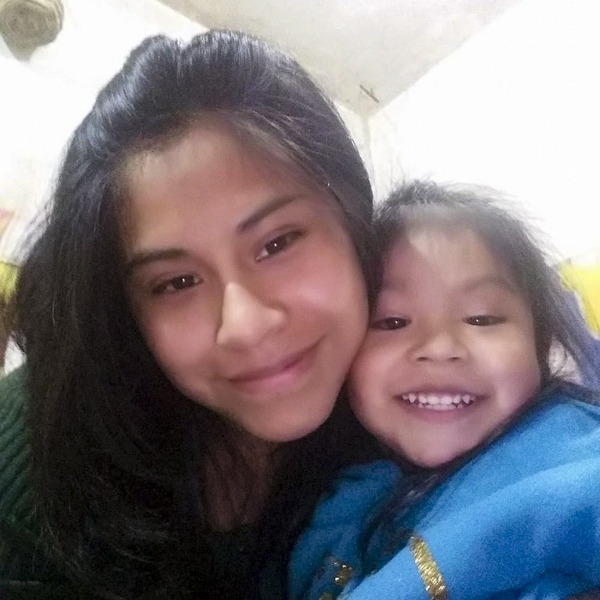
And now she has a daughter of her own—a daughter who represents the first generation in her entire family to be born outside of the cycle of poverty.
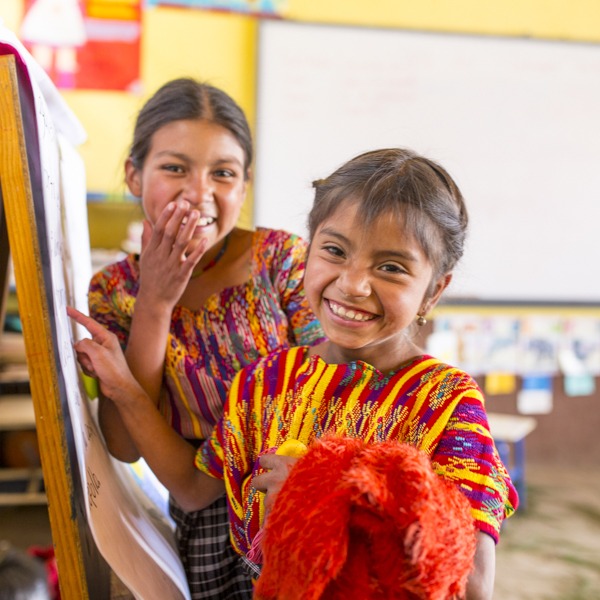
And Ancelma isn’t the only one.

90% of Rise Program graduates begin working or continue studying after high school.
And over 50% begin paying for their younger siblings to go to school.
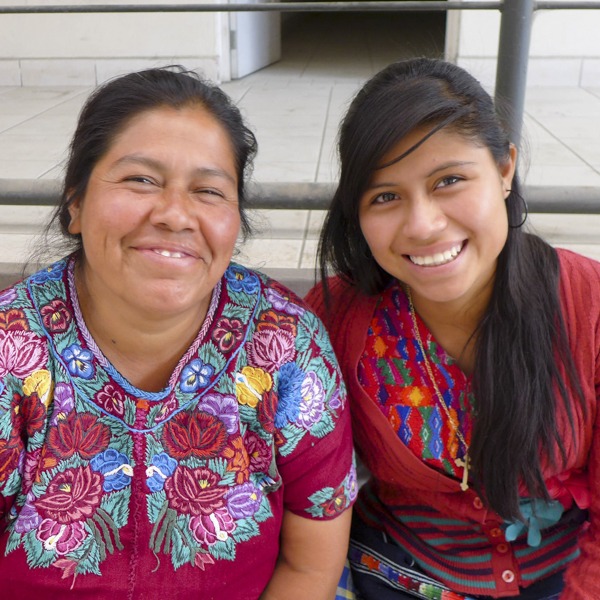
In just one generation, the cycle of poverty is broken.
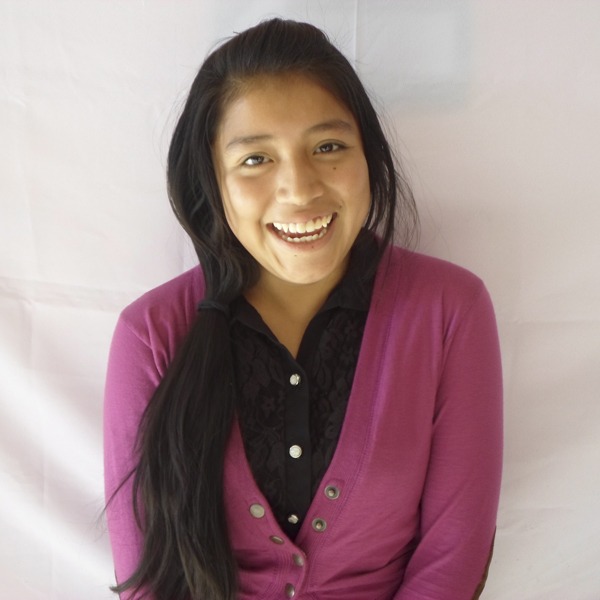
And it all comes down to a simple investment in this generation, today.
It all comes down to you.
